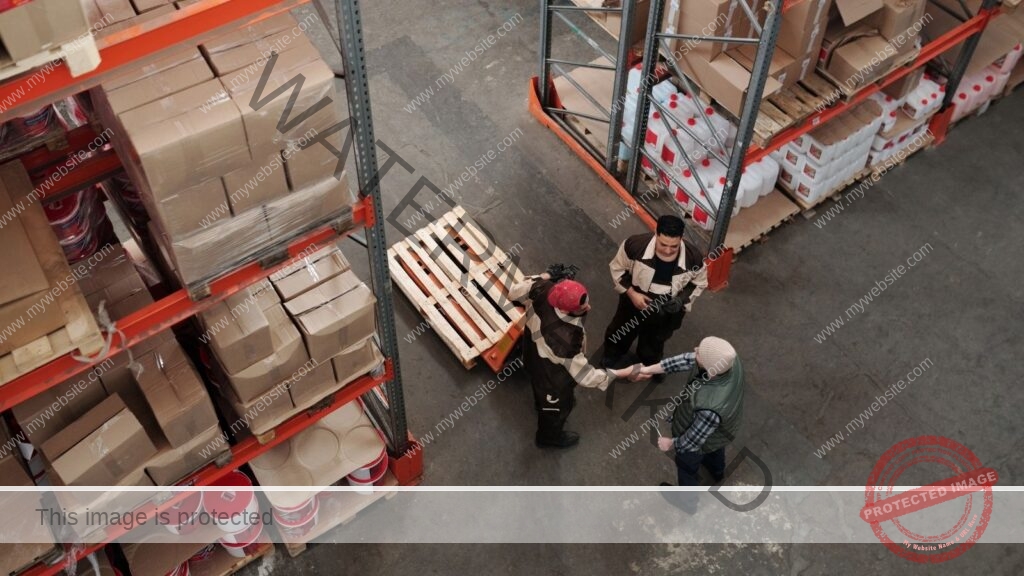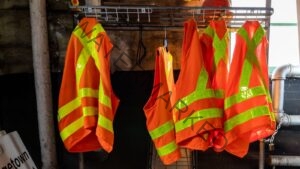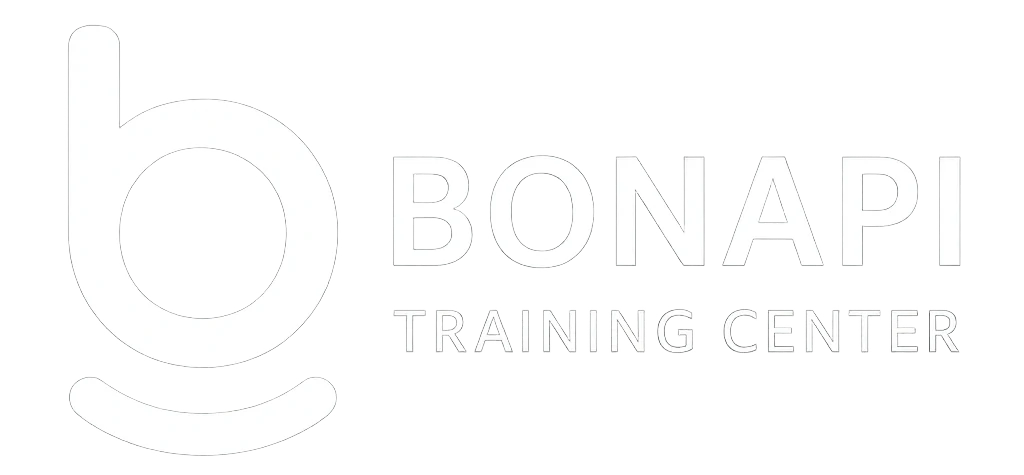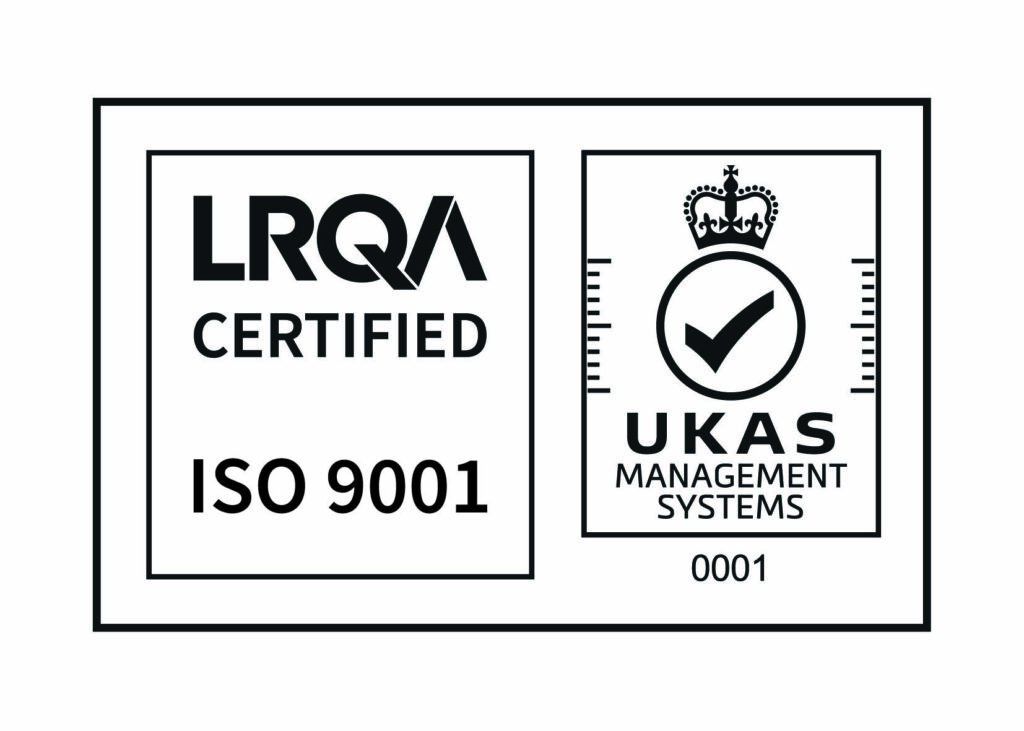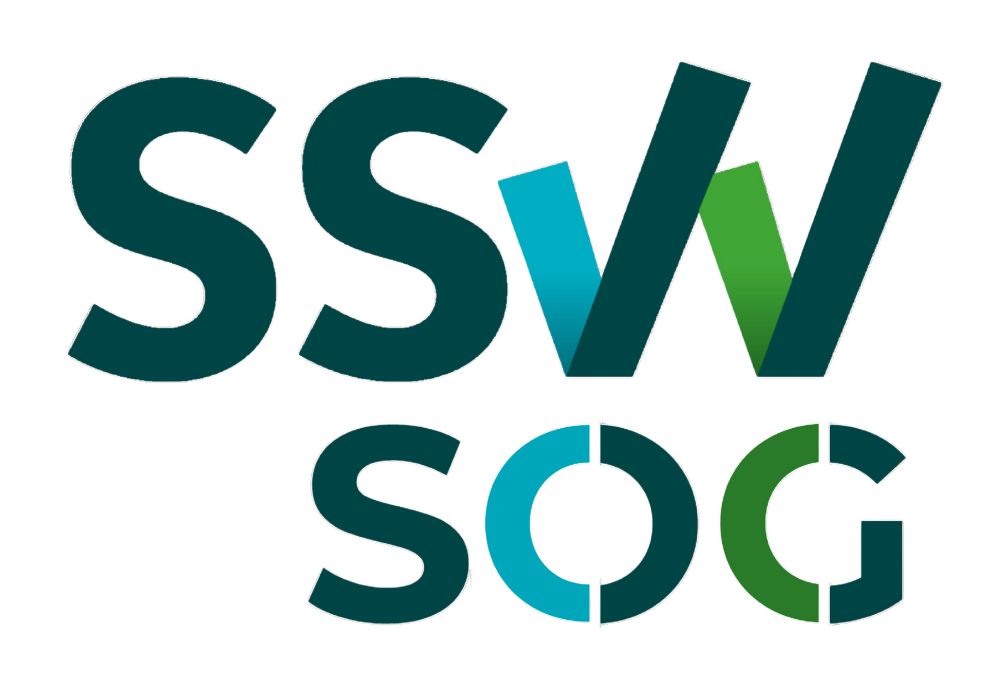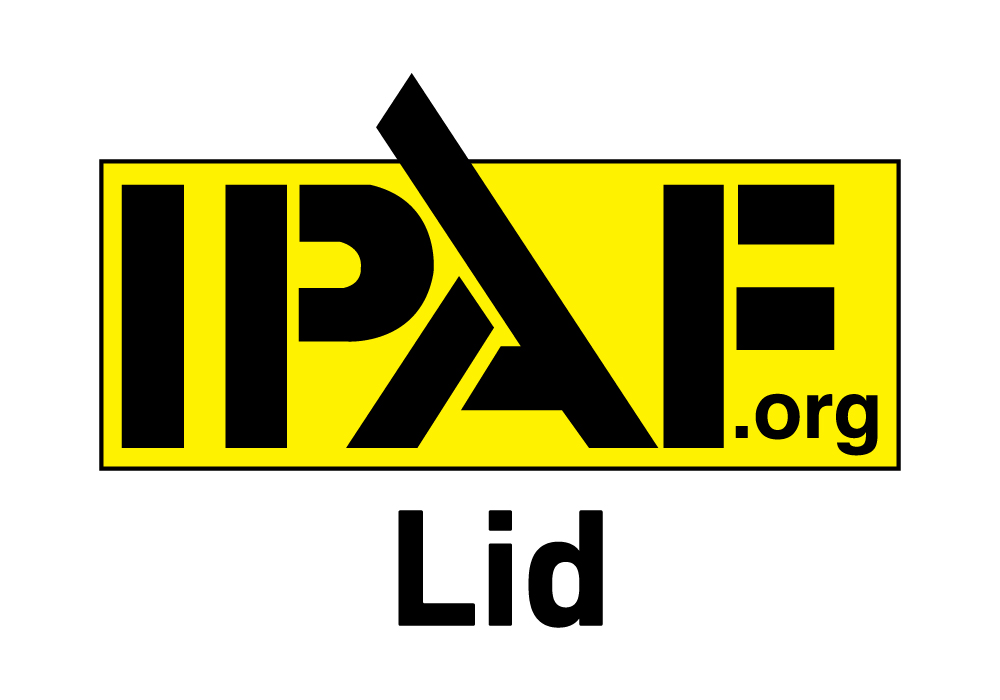Going to the Netherlands for seasonal work is a popular choice among people looking for extra income, a summer job, or a chance to gain international experience. This destination is especially favoured by Polish workers due to relatively good working conditions, a similar work culture, and short travel distance from Poland. However, before you decide to go, it’s important to know how to prepare, what to expect on-site, and what rights and responsibilities you’ll have. Below is a comprehensive guide to help you avoid common mistakes and make your season in the Netherlands both profitable and safe.
Which industries offer the most seasonal jobs?
Seasonal jobs in the Netherlands are mainly concentrated in a few key industries that regularly require large numbers of manual workers. The horticulture and agriculture sectors are the most in-demand—especially during the harvesting of vegetables, fruits, and greenhouse flowers. In spring and summer, there are also jobs available in food processing, logistics (packing, sorting), cleaning, elderly care, and the hospitality sector. Common seasonal jobs include picking tulips, strawberries, tomatoes, or apples; packing food or flowers; cleaning and assisting in greenhouses; sorting parcels and warehouse work; cleaning tourist facilities. Due to high turnover and demand, these jobs usually don’t require knowledge of Dutch, although basic English skills are a definite advantage.
When is the best time to look for seasonal job offers?
Seasonal job listings in the Netherlands appear year-round, but the peak period is in spring and summer. It’s best to start looking in advance—job ads for April to August often start showing up in February or March. This is when many companies begin preparing for the harvest season or peak tourism period. If you’re planning to work during the summer, applying in early spring increases your chances of securing better offers and more comfortable housing. For those interested in longer stays, there are also seasonal job opportunities in the autumn.
How to find legal and safe job offers
The most important step is choosing a reliable source of job listings. You can use recruitment agencies (preferably those registered in the Netherlands with NEN 4400-1 certification), job boards, social media groups, or offers directly from employers. Before signing any contract, make sure that the agency operates legally and does not charge recruitment fees; you receive a written employment contract before departure; the offer includes details on accommodation, number of working hours, gross and net pay; and the employer or agency will register you for Dutch health insurance. Avoid ads that lack full contact information, promise “quick money with no paperwork,” or appear only in forums without reviews.
Seasonal work in the Netherlands? Get your VCA certificate first
Many seasonal jobs in the Netherlands – especially in construction, industry and logistics – require a valid VCA certificate. Take the Basic VCA course in Polish and improve your chances of getting hired. Available online and on-site!
Documents and formalities before departure
To legally take up seasonal work in the Netherlands, you need to prepare a few basic documents. No visa is required—just a valid ID card or passport, since the Netherlands is an EU country. Additionally, you’ll need a BSN number (Burgerservicenummer), which is the Dutch equivalent of a PESEL number and is necessary for working and handling official matters; an EHIC card (European Health Insurance Card), which provides access to basic emergency healthcare; and translated (if necessary) documents confirming your qualifications. Many agencies help obtain a BSN number and arrange health insurance on-site, but it’s worth checking in advance who will be responsible for this—you or your employer.
Accommodation and daily life in the Netherlands
Most seasonal jobs offered through employment agencies include accommodation, but the standards can vary greatly—from multi-person houses to container rooms. Before you go, ask about the living conditions, number of people per room, access to kitchen and bathroom, and distance from the workplace. The cost of accommodation is usually deducted from your wages. Dutch law sets a maximum percentage of the minimum wage that can be charged for housing. The cost of living in the Netherlands is higher than in Poland, so it’s wise to bring some cash for the first few days—for food, hygiene products, and transport. In larger cities, you’ll find Polish shops and services, as well as Polish-speaking support staff in many agencies.
Wages – current minimum wage for 2025
Since 2024, the Netherlands has a national hourly minimum wage rather than monthly or weekly rates. These rates are updated twice a year—in January and July. The minimum gross hourly wage as of 1 July 2025 is:
- 21 years and older – €14.40
- 20 years – €11.52
- 19 years – €8.64
- 18 years – €7.20
- 17 years – €5.69
- 16 years – €4.97
- 15 years – €4.32
For comparison, the rates from 1 January 2025 are:
- 21+ – €14.06
- 20 years – €11.25
- 19 years – €8.44 (Source: Rijksoverheid – Minimumloon 2025)
In the Netherlands, wages are usually paid weekly or bi-weekly. Payments can be transferred to a foreign currency account or a euro account, so it’s a good idea to open a euro account before you leave. Some agencies also offer advance payments to help you get started.
Employee rights and safety
As a seasonal worker in the Netherlands, you’re entitled to decent working conditions, rest periods, breaks, and health insurance. Employers are obligated to follow health and safety regulations, provide personal protective equipment, and pay wages according to the contract. If you feel your rights are being violated, you can contact the labour inspectorate (Inspectie SZW) or seek help from labour unions and migrant worker organisations such as FairWork or Stichting IDHEM.
Summary: what to remember before leaving
- Check the agency’s legal status and employment terms.
- Prepare your documents: ID, BSN, EHIC card.
- Confirm housing and pay conditions in advance.
- Bring appropriate clothing, cash, and basic essentials.
- Know your rights and report any irregularities.

